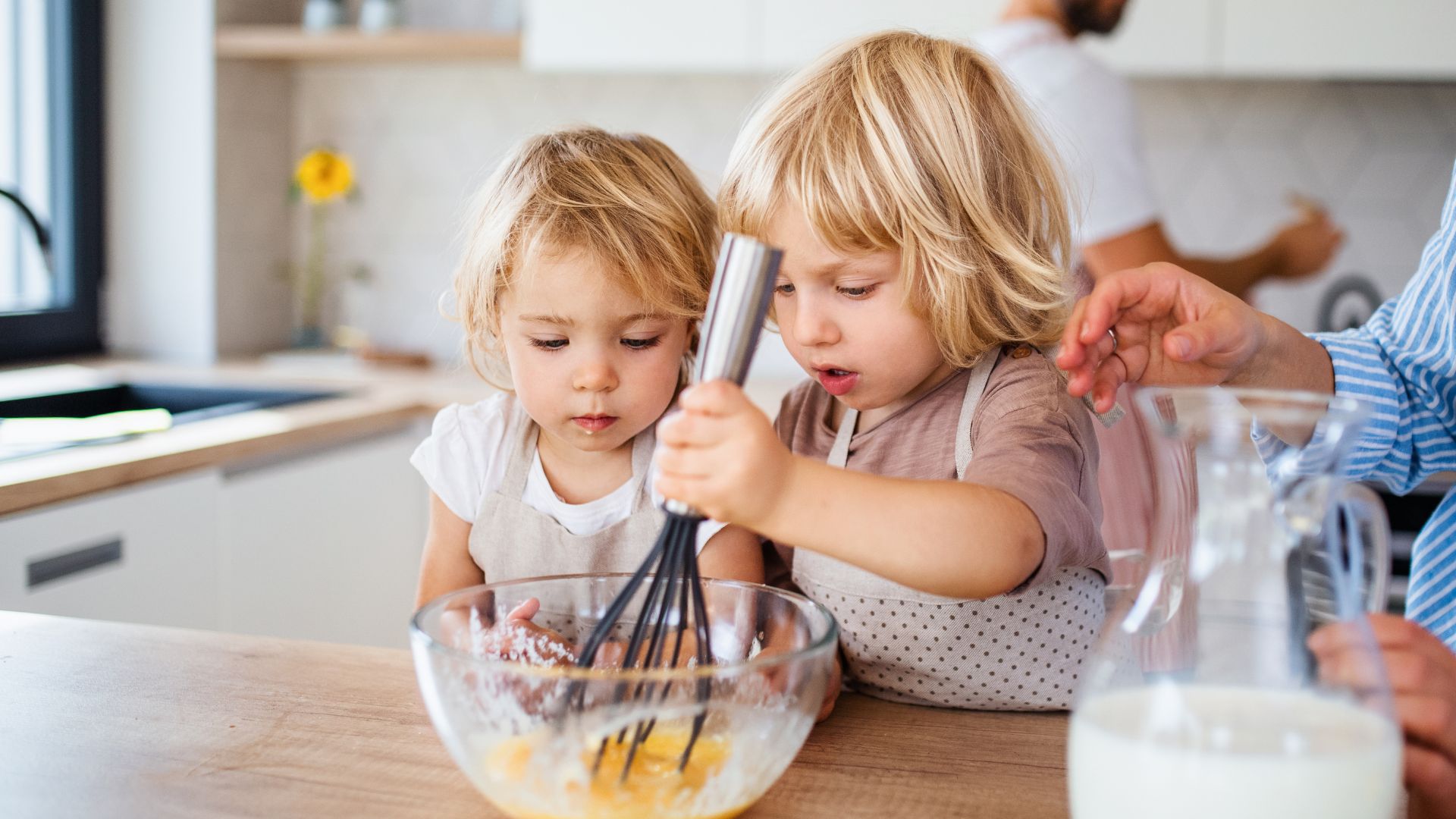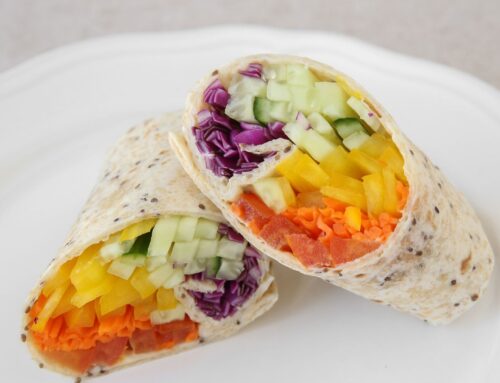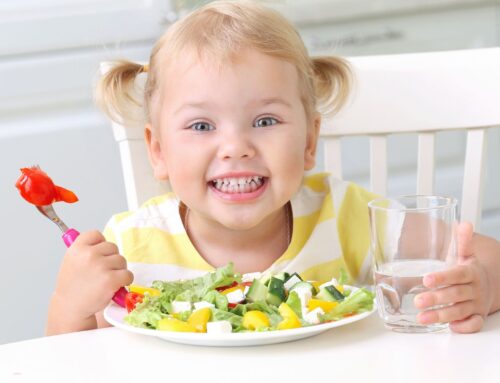Trying to get children involved in the kitchen? Here are some great, easy ideas for how to introduce kitchen skills to children of all ages. There are so many benefits to children being involved in the kitchen, as they learn skills they can use throughout their lives.
Getting children involved in the kitchen from a young age will help them:
- Develop a love of food and cooking.
- Foster their independence and curiosity for learning new things.
- Set them up early with the basics that will help their autonomy in later life.
Children, even kindergarten age or younger, can easily be involved in all aspects of kitchen life, from cutting to cleaning to meal preparation. Here are some skills you can start exploring with your child now:
Meal Planning introduction
From a very young age, you can involve children in planning the meals they want to eat. Asking children for their opinions and then following through with their ideas shows them you respect and value their ideas. Planning for meals offers many opportunities for conversations about healthy choices as well as sometimes foods. (You might like to read this blog about fussy eating!)
Shopping
Whether it’s shopping online or heading into the shops for your groceries, this is a great time to explore all the varieties of food and delve deeper into learning about what is nutritious. Children can learn about budgeting and the cost of items, about sticking to the shopping list, and about new foods they haven’t tried and might like to add to their next food plan.
Want to learn more about why you should take your children shopping (at least sometimes)? Check out this blog.
Meal preparation
From about two years old, children are able to select their own foods and even start cutting or mashing soft things like bananas or fruits. You can start teaching children how to hold utensils and begin to use knives (I recommend kids safety knives!). This is a good time to teach children how to peel carrots or other veggies as well. They can help with plating up meals for themselves and others. See what happens if you let your child serve your meal!
Cooking skills
Children can help coat items for baking (like chicken nuggets), help shape things like rissoles or mix dough for bread. Pouring, stirring and tasting teach a ton of different skills! It’s messy and some children will need a bit of time to adjust to the sticky, sensory feel of the food, but as they get older and with more practice, that dexterity will come in handy in the kitchen. Here is a blog with more tips for cooking with children.
Weight and measurement
Scooping out measuring cups of flour or other ingredients is a great start for young cooks. As they grow you can add in a quick maths lesson, like doubling the amount or measuring ingredients using scales. Teaching children ratios is an easy experience, such as how much milk to add to a bowl of Weet-bix. Figuring out how many mls are in a cup of milk for a yummy cake, seems like the best kind of maths, even for those who struggle with maths.
Following instructions
Involving children in following steps will help with age-appropriate time management and planning skills. This is particularly easy in three ingredient foods, or raw dishes like preparing carrots with cream cheese. Once children have the process memorised, you could ask if they would like to add a step to show them how they can use their new ideas and skills to shift the outcome, scaffolding their knowledge in the process.
Setting the Table
Many children start young when helping to set the dinner table for their family, and as they grow they can make it more fun by adding their own centrepiece or filling a jug of water with some lemon, mint and ice for a refreshing change. Let your child explore ideas and try them out – they will get a huge sense of accomplishment from doing something nice for their family, which is fantastic for their self-esteem
Kitchen Safety & Hygiene
It goes without saying that young children should never be left in a kitchen without direct supervision. We need to be particularly careful with experiences that need boiling water or heat. Those tasks are best left to adults. Now is the time that you can go over the basics with your children, such as never to microwave metal and never to touch a hot pan or stovetop. Most important in the kitchen for children under 5 years would be hand hygiene, teaching children how to correctly wash their hands and why.
Have fun!
More than anything, involving children in the kitchen and all that comes with it should be fun! When children are enjoying themselves, they are learning. Not only that, you are building your own helpers and it won’t be long before they are cooking a whole meal for you!
Education about good food starts in the kitchen, so get started today!









